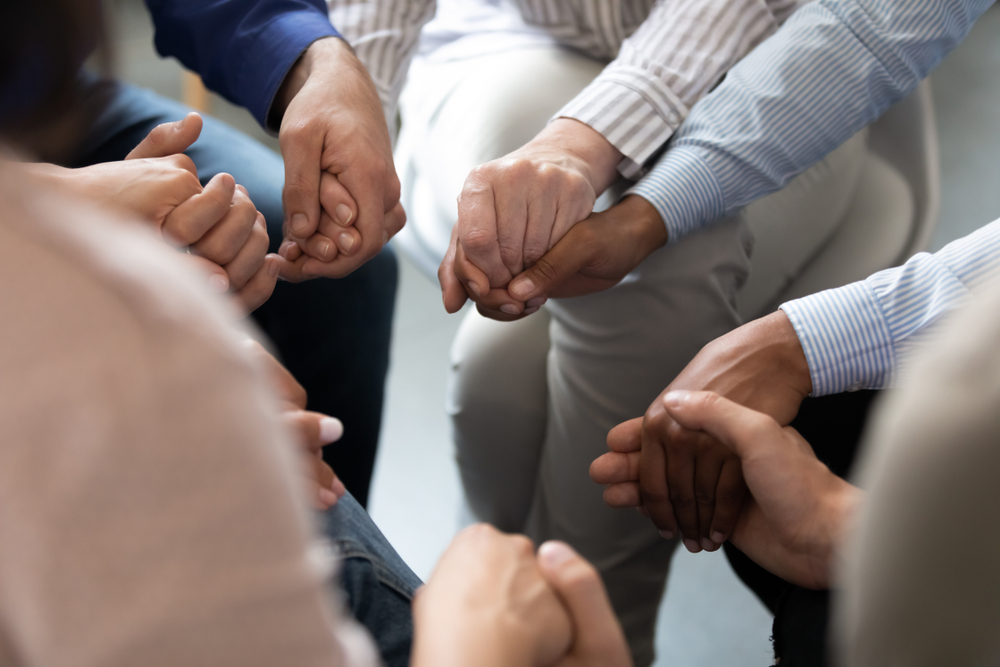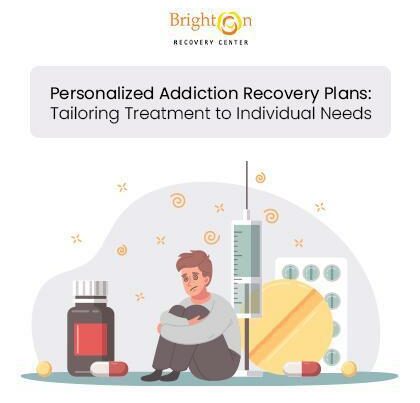Techniques for Avoiding Relapse During Addiction Recovery

For anyone in recovery from a substance abuse addiction concern, whether it involves alcohol, drugs or a combination therein, avoiding relapses is an important theme to maintain — but also often a difficult one. A combination of physical and physiological dependencies make avoiding relapse tough in some cases, but there are also many resources available to assist those in this position.
At Brighton Recovery Center, we’re proud to provide a wide range of caring programs and resources for those in addiction recovery, from residential and outpatient treatment solutions to assistance with a number of specific forms of addiction. What exactly is relapse, why are triggers an important concept when discussing relapse, and what are some techniques often recommended to help avoid these triggers and steer clear of relapse issues? Here’s everything you need to know.
Relapse Basics
While there might be a few different definitions for relapse depending on who you speak to, it generally refers to issues where someone who has been avoiding a substance to help manage addiction begins taking it again. This can be in the form of drugs, alcohol, prescription medication or even other substances that are considered addictive.
Some people would even include cravings for a substance within relapse, but because these are virtually impossible to control in most cases, it’s not typically included. A relapse can be as simple as someone who had been abstaining from alcohol taking a few drinks before returning back to their previous routine of sobriety, or it might mean someone who has been opioid-free begins using heroin again.
Triggers and Relapse
Within the realm of relapse, triggers are some of the most important concepts to be aware of. When we talk about triggers, we’re referring to anything that prompts the person to utilize again. This can include people, places, situations or even emotions that make someone want to use. These are often difficult to anticipate and avoid because it’s only too easy for an individual who has been struggling with addiction to make poor choices if their judgement has been impaired in some way.
A trigger doesn’t have to be anything dramatic to be an effective relapse trigger. It might simply be the presence of a certain person or friend, or it may even be something like watching TV and seeing someone in their favorite movie drinking alcohol. These triggers are everywhere, but for people who have been avoiding using substances like drugs or alcohol, they can really make treating addiction more difficult.
For these reasons, being aware and actively cognizant of triggers is a phenomenal way to help avoid relapse. Some techniques often recommended by professionals include therapy, reading about different forms of addiction and various treatment options, meditating, attending support groups or even taking up a new hobby.
Strong Support Network
One of the top ways many who struggle with addiction have been able to manage their triggers and avoid relapse risks is through having a strong support network available. This might include friends, family or other loved ones who are willing to help someone avoid risky behavior or activities that could put them in harm’s way.
A good support network is often comprised of people who have been where the individual seeking assistance currently is. For example, if an individual has just completed an outpatient treatment program and is looking to prevent relapse, having a strong network of people who have been in the same position might be beneficial.
Ideally, the people in your support network have a strong enough relationship with you that they’ll be comfortable holding you to the commitments you’ve made to avoid using substances again. This can take a level of trust and friendship that is worth working toward, but it’s certainly something that you should do your best to surround yourself with when in recovery from an addiction.
Life Balance
In other cases, some people moving through addiction recovery will find that their triggers arise due to stressful circumstances in their life. Whether they’ve had a new baby, started dating someone new or are dealing with financial challenges on top of everything else, it’s important to remember that balancing your life always reduces the risk of relapse.
You might make it through recovery and avoid relapse risks only to find yourself tempted again because you have too much going on around you. The stresses of life can often bring out the worst in people, and those who have been avoiding triggers within their lifestyle will find themselves slipping if they’re not aware and prepared to combat them.
For instance, if you’re working yourself to the bone with 70-hour weeks, eating fast food constantly and never getting to sleep before midnight, balancing your life is going to be infinitely harder. Remember that you’re not actually doing yourself any favors by working so much or by ignoring important areas of your life like relationships, hobbies or other personal interests.
Reach Out for Help
Whether it’s to your support network or to addiction recovery professionals like ours, do not be embarrassed or reluctant to ask for help when you need it. In order to avoid relapse risks, remember that there are so many different kinds of addiction treatment options available for individuals who want to get sober and stay sober. Even if you just need someone to talk to and work through a tough day or week, don’t be afraid to reach out.
For more on some of the most effective techniques that help those in addiction recovery avoid relapse, or to learn about any of our addiction treatment programs, speak to the caring staff at Brighton Recovery Center today.



